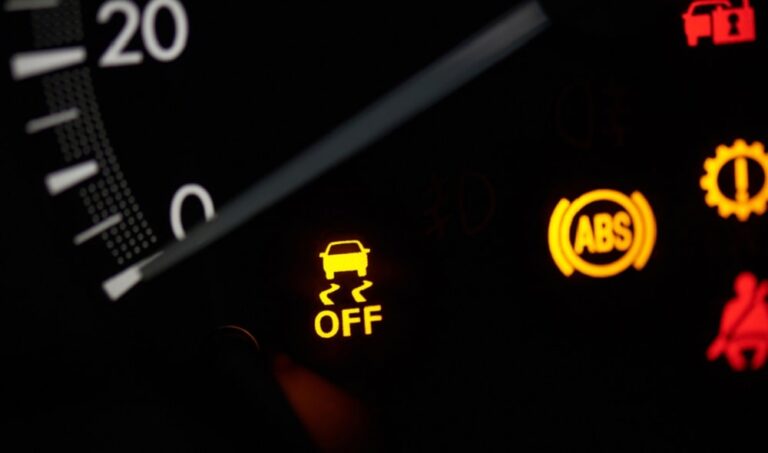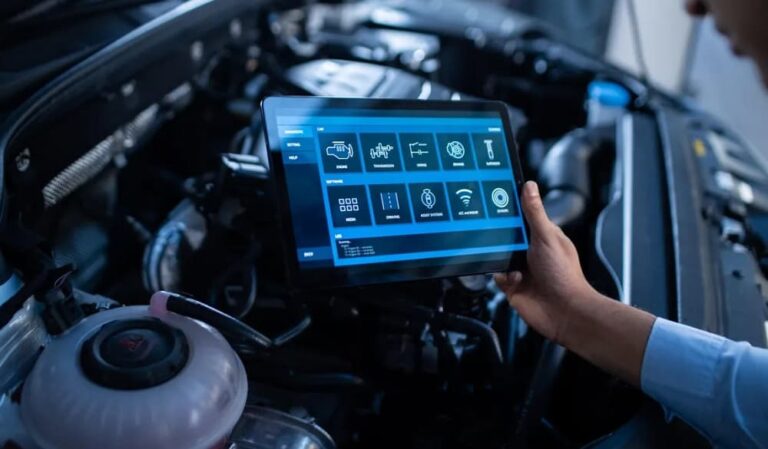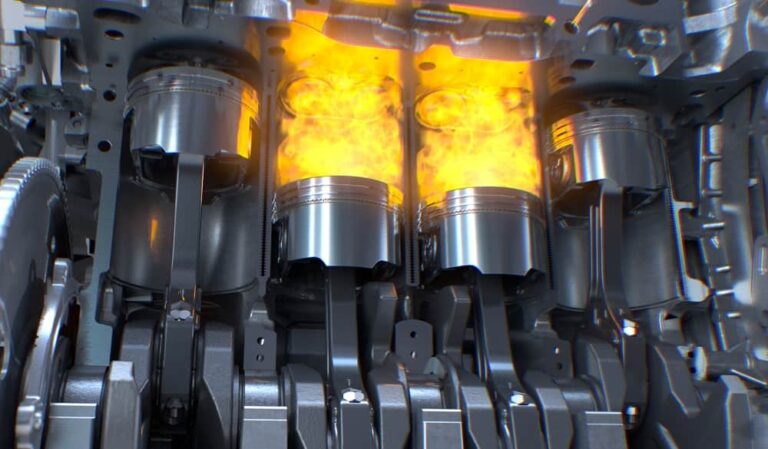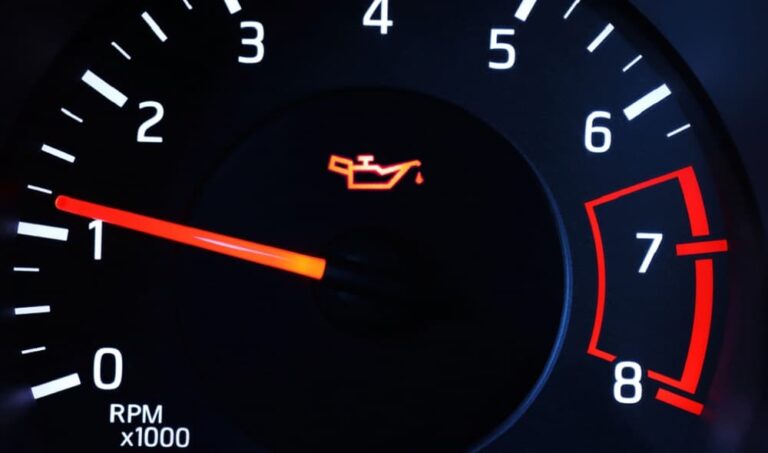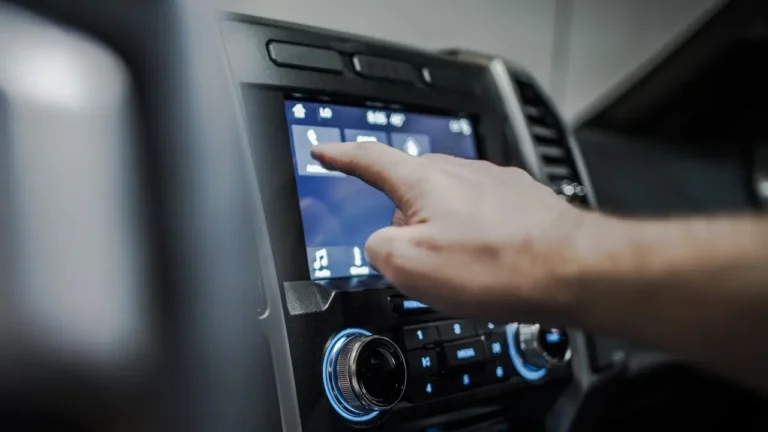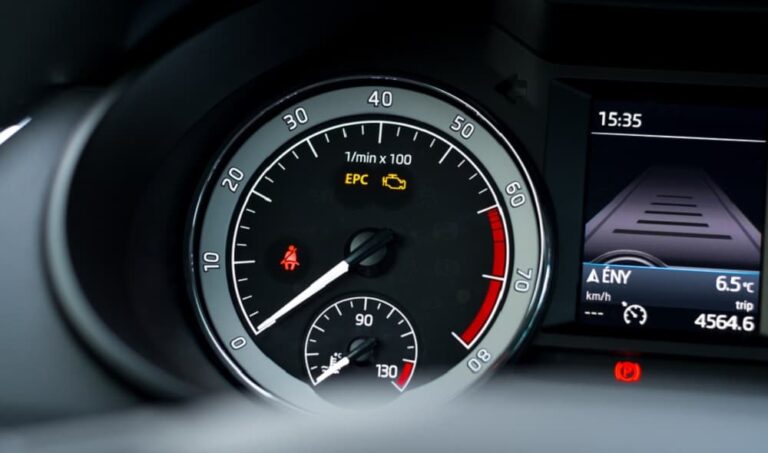Car jerking when accelerating: Possible causes & solutions
The jerking of the vehicle when accelerating causes particularly great stress when driving. You should identify the possible cause of the car jerking when accelerating and solve it as quickly as possible. If the driver accelerates and the car jerks or wobbles, this indicates among other things an insufficient supply of fuel.
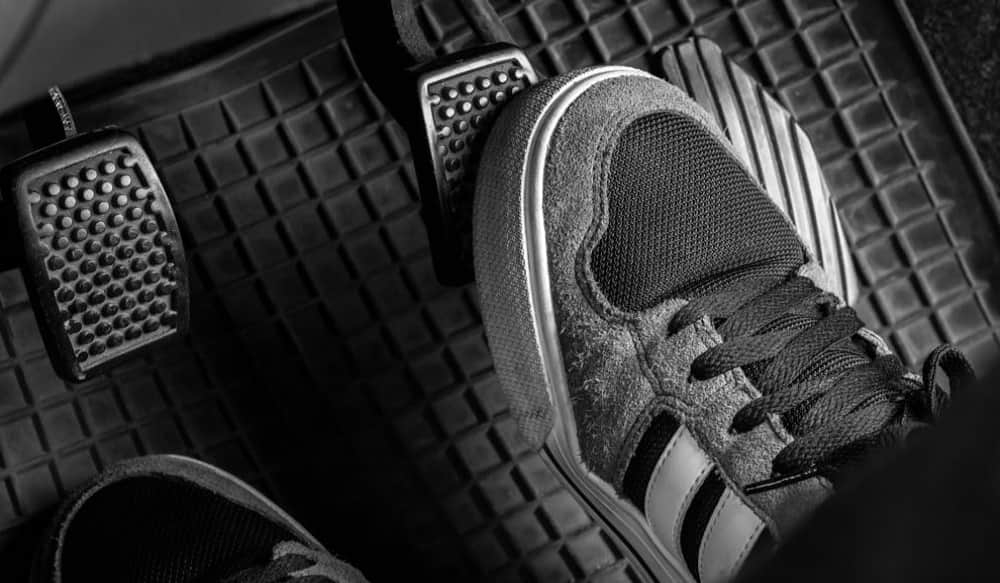
Car jerking when accelerating: Possible Causes
When the car jerks, it can have a lot of causes. We have picked out for you the typical problems and defects that can cause the car to jerking when accelerating or when you take off the gas.
Car jerks when starting
If a car jerks when starting off, it may be because of accidentally engaged the wrong gear. It can also be that the driver has simply given too little gas. But if it’s not the driver’s fault, technical problems can also be the cause.
Is the fuel filter okay?
One possible cause for a car that jerks when starting can be a problem in the fuel system. The feed pump may be defective, or the fuel filter may be dirty. This means that not enough fuel is getting into the injection system.
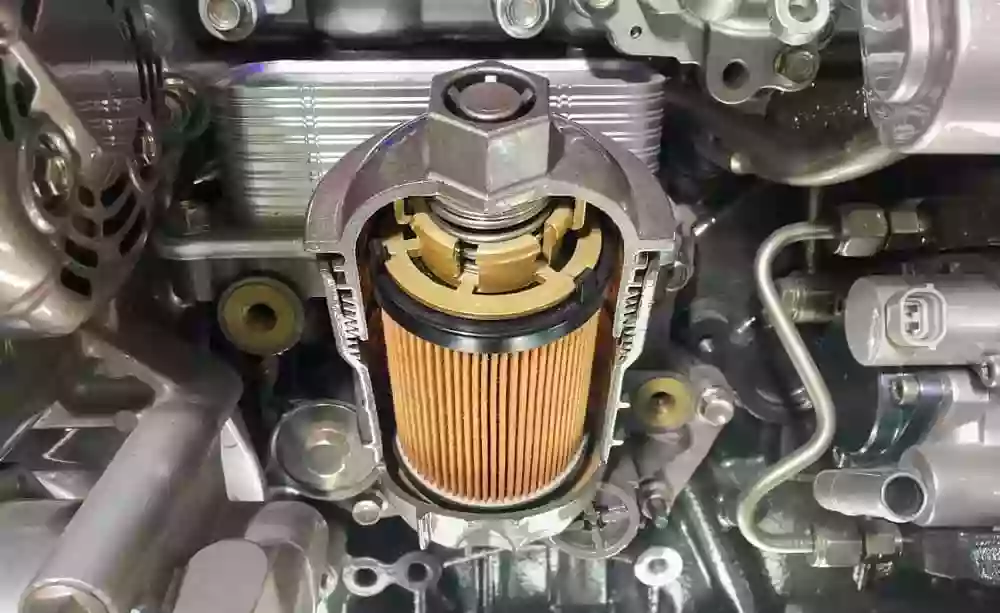
The typical jerking occurs as soon as the engine is not supplied with enough fuel. Of course, there is also the possibility that a defect has occurred in the fuel injection system. In any case, you should visit a workshop immediately to rectify the problem.
As a layman, you hardly have a chance to repair anything on a modern fuel injection system because special diagnostic equipment is required. It may cause the car jerking when accelerating.
Spark plugs defective?
Another possible cause can be defective spark plugs. If they are too burnt out, misfiring will occur, which can also cause jerking. Anyone can change the spark plugs themselves. All that is needed is a spark plug wrench.
All that is needed is to remove the spark plug caps and unscrew the old spark plugs. Then the new spark plugs are screwed back in and the plugs put on. Of course, you must take care not to mix up the plugs. It is therefore advisable to replace each spark plug individually.
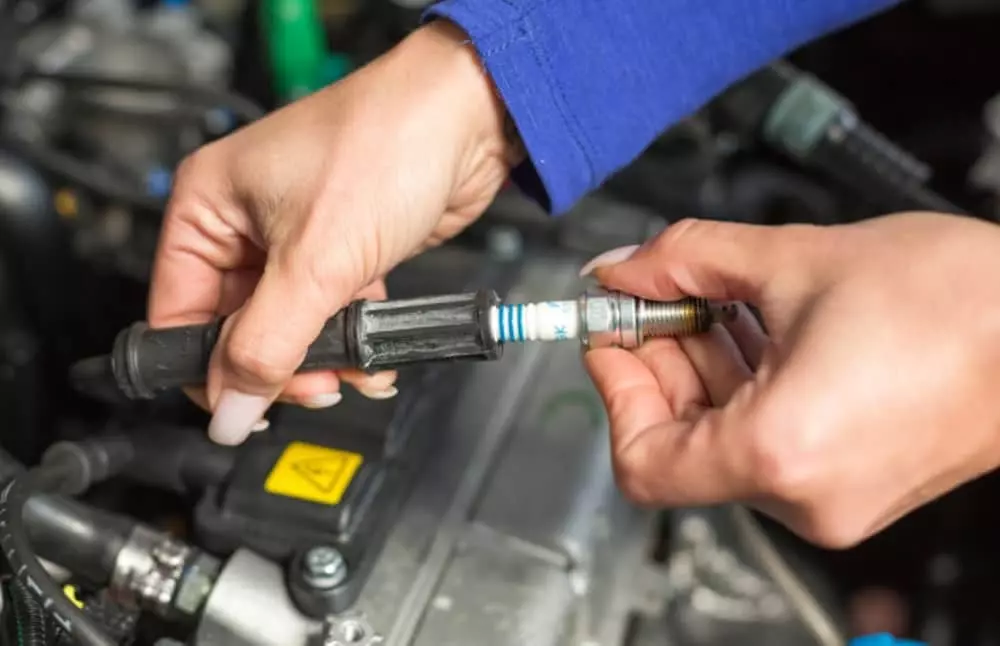
Electronics damage?
If the problem persists, it may also be a defect in the electronics. Sometimes the engine control unit or another electronic component is damaged. Or a sensor, such as the mass airflow sensor, is defective. This can also only be repaired in a workshop. Sometimes a software update of the engine control unit is enough.
In older cars, oxidized ignition contacts can also be responsible for a jerky car. In that case, all you need to do is remove the cover of the ignition distributor and spray some contact spray on the ignition contacts.
Possibly the clutch?
However, the cause of a juddering car is not always in the engine area. Sometimes it can also be due to the clutch. For example, the clutch disc may be worn or distorted. In this case, there is no uniform friction in the transmission of power, but the clutch “jerks.”
Another, but also common, the cause is a worn release bearing or a defective slave cylinder of the clutch. If this is the case, a visit to the workshop will also be necessary. Some skilled craftsmen also dare to replace the clutch themselves. But this requires a certain amount of expertise.
Otherwise, a visit to the workshop would be appropriate. Replacing the clutch is not a big job for a workshop and is usually done quickly. It may solve your car jerking when it accelerating.
Crack axle boot
If the axle boot is cracked, the grease inside can leak out and road dirt and dust can get into the drive shaft joint. The friction of dust and dirt on the joint causes’ abrasion, which in turn causes play in the driveshaft joint. This play can cause the ball joint to run out of round, which is first felt at the steering wheel and especially when accelerating. By the way, there are more signs of a drive shaft defect.
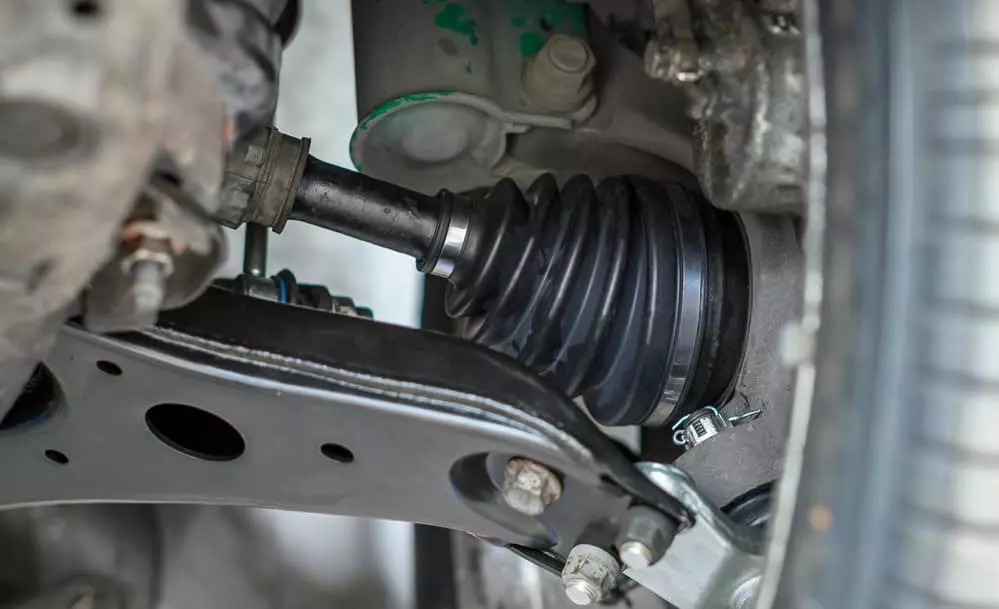
The engine mount has the task of damping vibrations and shocks caused by road bumps. If the rubber of the engine mount is cracked, the damping no longer works and the car jerks with every action, especially when accelerating and braking.
Cold is another possible cause
Jerking is particularly common when driving a car off if standing outside in the open air. Due to fog or rain, moisture can build up in the ignition system. This can also cause the cold engine to jerk for a short period of time.
However, once the engine reaches operating temperature, the moisture in the electrical system will have evaporated, and everything should then run properly again. In this case, it is not necessary to visit a workshop.
You can also read: the date code on tires with DOT number.
Car jerks when I step off the gas
The most common reason for a car jerking when you take off the gas is incorrect engine settings. The jerking is caused by changing the position of the throttle valve on the carburetor or the fuel injection system in newer cars when you take your foot off the gas. This reduces the intake of air. This in turn has the effect of reducing the engine speed.
If, for example, the mixing ratio of air and fuel is not set correctly, an excess of fuel occurs in the phase when gas is removed. The resulting overrich mixture can ignite itself in the combustion chamber. This causes the engine to jerk.
Car jerking when accelerating: Possible Solution
The cause of this non-specific symptom can vary widely, depending on where jerking, wobbling, and fidgeting originate. Accordingly, you must pay close attention to the operating conditions under which the jerking occurs.
Using a car diagnostic device for troubleshooting
Instead of taking your vehicle to the repair shop, you can also use an automotive diagnostic device to find the cause of the jerking yourself. Such a diagnostic device costs about 100 euros and can be plugged into any car’s OBD port (usually located under the dashboard). For example, the diagnostic device forwards the data via USB to a laptop, where certain error codes appear that provide information about the cause of the problem.
Cleaning clogged fuel injectors
Clogged fuel injectors (injectors) are a common cause of engine judder. More and more combustion residues accumulate in the engine over time during operation. They can also accumulate in the injectors and thereby clog them. Then the fuel is only injected irregularly, which can lead to stuttering and, in the worst case, to engine damage.
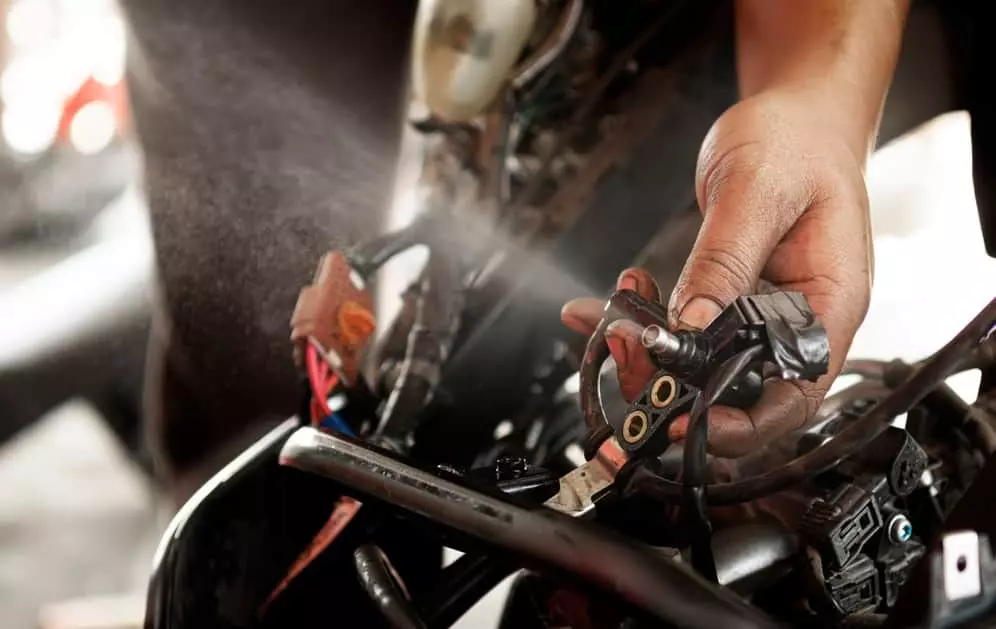
However, you can remove these impurities again with an internal engine cleaning and special cleaner. However, in the case of very stubborn deposits, the injectors usually have to be removed and cleaned separately or replaced. This is one of the major causes car jerking when accelerating.
Clean or replace diesel particulate filter (DPF)
If the car bucks when accelerating, a dirty particulate filter may also cause. Such filters trap the fine soot particles to reduce particulate emissions. When the filter wall has reached its loading limit, the filter should be cleaned or replaced.
It is important to know that there is also a self-cleaning process. This is because the particles are automatically burned off above a certain engine temperature. Unfortunately, this temperature is not always reached, especially if you drive short distances.
Here, special throttle cleaner can help to circumvent this problem. They cause the soot particles to be burned even at a lower temperature. This increases the service life of the fuel filter. After about 180,000 kilometers, however, you should replace the filter in any case. The cost of installation ranges from $1000 to $2000.
Sooty exhaust gas recirculation (EGR)
Deposits in the exhaust gas recirculation system can cause the valve installed to become immobile. This can cause the engine to react worse when you step on the gas pedal. The fuel consumption increases, and at the same time, the performance decreases.
Repairing the valve can cost several hundred euros in the workshop. You can remove the valve yourself and treat it with a special throttle valve cleaner if you want to save money.
Check defective spark plugs
If the spark plugs fail, this directly affects the engine running and cause car jerking when accelerating. Not only does the car start to jerk, but there is also a risk of unburned fuel getting into the catalytic converter and damaging it.
In automotive workshops, spark plug replacement costs between $80 and $300, depending on the engine.
With a bit of skill and patience, a spark plug can also be replaced by yourself. The easiest way to do this is with older vehicles, as there is usually not much fairing to remove.
Check damaged fuel pump
A broken fuel or diesel pump no longer supplies the engine with enough fuel, and the vehicle begins to jerk. The price range for the repair varies extremely here since, depending on the design and type of pump, there are quite different labor times and can incur material costs.
In the cheapest case, one comes to approx. $150, in the upper range also prices of $1500 are possible. It is therefore important to always obtain a cost estimate before the repair.
Visit a workshop if your car jerking when accelerating
Since jerking when the throttle is released is not only unpleasant but can also be harmful to the engine in the long term, it is essential to visit a workshop to have the engine precisely adjusted again. With older vehicles, you can also try to set an optimum mixture ratio yourself. This requires you to adjust the mixture screw on the injection system until the jerking stops.
However, this requires a great deal of dexterity and also some practice. If you have never done this kind of work before, it is better to leave it alone. In newer cars, the driver can no longer make such adjustments. In most cases, nothing works without the appropriate diagnostic equipment.
Explain to the workshop exactly when the jerking occurs
If you take your car to the workshop because of jerking when you release the accelerator, you should explain to the mechanics exactly when and in what form this phenomenon occurs. Then it is usually relatively easy for the mechanics to fix the fault.
Related article: Oil light flashes in the car: Causes, meaning
